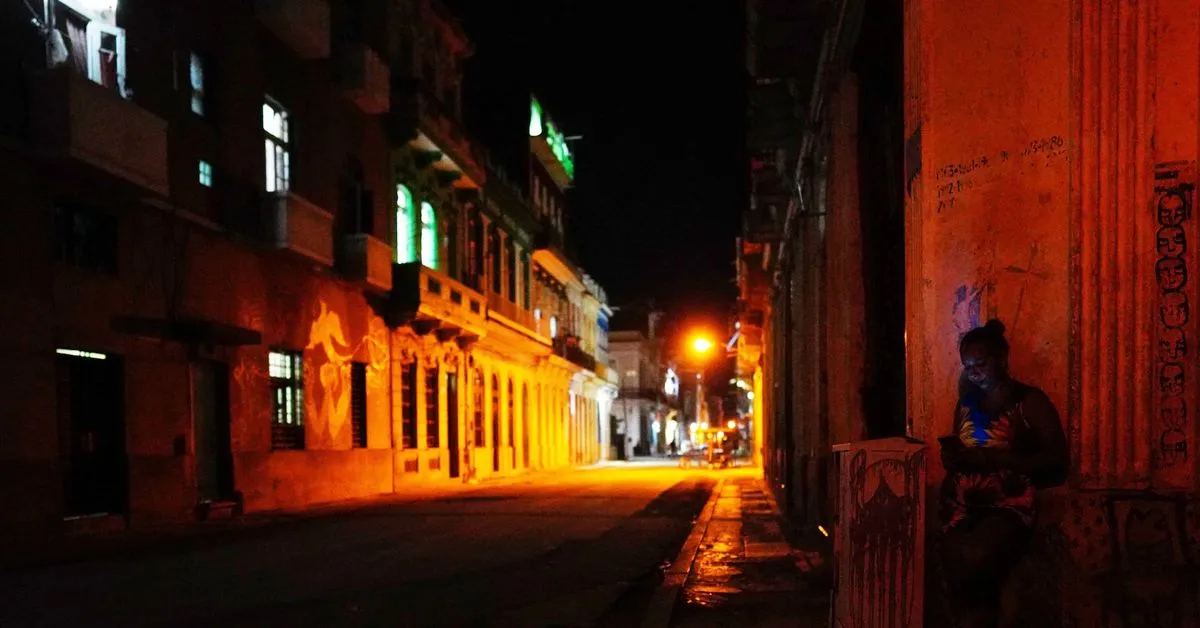
Lester Mallory's post mortem graduation
By the time Lester Mallory—a senior official for the Western Hemisphere at Foggy Bottom—wrote a notorious memo to his superior in April 1960, Eisenhower had already approved the plan that led to the ill-fated Bay of Pigs invasion a year later. However, the CIA's initiative at that time still did not include the economic dimension in its strategy against Fidel Castro's Revolution, but was oriented towards propaganda and paramilitary means. It was the twisted mind of Mallory—who was not aware of the military plans—one of the first to clearly state the potential of economic sanctions to stifle the early socialist experiment. In introducing his proposal, the official acknowledged something that had long been a fact, even if Washington did not recognize it, that the majority of Cubans supported Castro, and that there was no effective political opposition. Given this, coupled with the threat of communism, "(the) only foreseeable means of alienating internal support is through disenchantment and disaffection based on economic dissatisfaction and hardship". Life has proven him right because after so much political subversion—through information warfare and the promotion of political opposition groups—and military actions—sabotage and invasions—in more than 60 years, when people have massively taken up the banners of opposition to the Cuban Revolution, it has been for lack of food and energy.
 The memorandum from Mallory (source).
The memorandum from Mallory (source)."A change in the sentiment of the lower classes would only occur over a long [time], probably as a result of economic difficulties," projected an Allen Dulles who paid for the CIA's failure at the Bay of Pigs with his office. With another State Department official, Mallory argued in May 1960 that the Government's foreign exchange earning capacity had to be hit. In this regard, he proposed modifying the legislation that guaranteed certain privileges to Cuban sugar in the U.S. market. The phase Washington was entering, according to Mallory and John C. Hill, Jr., involved "[using] judiciously selected economic pressures at those points where Castro's domestic and international policies have weakened Cuba's economic structure in order to engender more public discomfort and discontent [emphasis is mine] and thereby to expose to the Cuban masses Castro's responsibility for mishandling their affairs". And they abounded:
A field in which this could most effectively be done is in the field of foreign exchange. Cuba remains heavily dependent on imports while Castro’s policies are bringing Cuba’s foreign exchange position to a point where action on our part would have [a] disproportionately large effect in disrupting the economy in ways that would be brought home quickly to the consuming public. Cuba’s dollar reserves have been brought to dangerously low levels by arms purchases, military adventures, mismanagement, flight of capital, and discouragement of private capital. Tourist receipts on the order of $75 million have practically vanished and foreign creditors, faced with unpaid bills, are moving toward business on a strictly cash basis. The cost of living and unemployment are both mounting at a time when the economy is being decapitalized. Measures taken by the U.S. to reduce Cuban dollar earnings, with appropriate action [concerning] their consistency with our international obligations, could have an important effect were it [now] on a large scale.
On June 1, 1960, in New York, two direct subordinates of Secretary of State Christian Herter were urging representatives of the Esso, Texaco, and Shell companies to refuse to process Soviet crude oil in their refineries deployed in Cuba. Then-Secretary of State Robert B. Anderson had previously told them that "it would be in accordance with [the] government's policy toward Cuba if the companies decided to reject the Cuban demand." The companies complied to the letter with the White House order, and the ripple effect of that action still weighs on and conditions bilateral relations. The Cuban government nationalized the oil companies, Washington eliminated the sugar quota, Havana responded by nationalizing virtually all U.S. businesses operating on the island, and finally, the Department of Commerce banned U.S. exports to Cuba. In February 1962, Kennedy also banned imports of Cuban products into the United States, declaring an "embargo upon trade" between the two countries.
Mallory's idea is now instituted in the Cuban Assets Control Regulations administered by OFAC and certain sections of the Department of Commerce's Export Administration Regulations, such as this one. Both regulations are in turn shaped by the Foreign Assistance Act of 1961, the Cuban Democracy Act of 1992, the Cuban Liberty and Democratic Solidarity (LIBERTAD) Act of 1996, and the Trade Sanctions Reform and Export Enhancement Act of 2000. Up to this point, I only hope that no reader of my content will fall into the stupidity of relativizing the impact of U.S. economic policy towards Cuba, which is also the only country that Congress finds dangerous and strategic enough to prohibit its citizens from tourism there, thus denying a natural source of foreign exchange to its economy. Then, to refer in a single sentence to the current Cuban scenario, I would say that it is a carbon copy of that distant 1960 in literal terms, but much darker and shakier for us. Right now, more than ever, we are in the house of Lester Mallory, who has come up from the underworld to grab us by the neck.
 Source
Source11J-17M
On July 11, 2021, the Cuban government experienced its greatest test of protest and social unrest to date—after 1959. Demonstrations were dynamically taking place all over the country, in a contagious outbreak of citizen discontent and rebellion in the face of unbearable blackouts and brutal shortages of food and medicine. Since yesterday, Sunday, Cuban power has been facing new signs of tiredness and weariness in the face of an even more alarming panorama than that of three years ago. Along the way, internal management has been very deficient, erratic, and generally incapable of solving the critical problems of energy and food. The only excuse Havana finds is 90 miles away, and while it is true that it is key to explain the chronic underdevelopment and the involution in the supply of goods and services, the Government has to assume even more strongly and explicitly its own mistakes, and its lack of foresight to find "a way out to sea". But, I still find the US diplomacy irritating when it says it is aware of the protests that have taken place in the last hours—in general, there has been no violent repression so far—, and urges the Cuban Government "to respect the human rights of the protesters and attend to the legitimate needs of the Cuban people". When was the last time Washington did something good and sound for these people? Or better yet, when did it stop doing everything possible to make them sacrifice themselves in a bonfire of repression and chaos?
Large swathes of Cuba have been hit by power outages, authorities said, as the country grapples with a dire economic crisis. "Almost the whole country has been affected since Saturday at 23:00 (03:00 GMT)", the Energy Minister told state television.
— AFP News Agency (@AFP) March 17, 2024
➡️ https://t.co/KFXtGT1WVL pic.twitter.com/h1dTMjLHfx
Haiti Crisis Update
An Associated Press journalist counted twelve corpses—another AFP one counted 14, all men—in the streets of upscale Pétionville, in a Dantesque tableau reflecting the collapse of the political regime created after the assassination of President Jovenel Moïse in 2021. The tragedy originated after the indiscriminate armed attack—during the early hours of Monday—against two neighborhoods, perpetrated by the gangs that plague the country and mainly the capital. "We woke up this morning to find bodies in the street in our community of Pétionville," authorities said. "Ours is not that kind of community. We will start working to remove those bodies before the children start walking by to go to school and the vendors start to arrive." There were also attacks on Port-au-Prince's electrical infrastructure, with reports of stolen wires and batteries. It was expected for the final hours of Monday that a presidential council would finally be formed, so triggering the resignation of the disputed "Prime Minister" Ariel Henry, and activating the dispatch of 1000 Kenyan troops to face the thousand-headed hydra of the powerful Haitian gangs, now mostly united under the command of alias Barbeque. Some 17,000 people reportedly fled the capital last week.
 Haiti in one image (source).
Haiti in one image (source).Meanwhile, in Mexico...
Police commander reportedly beheaded and her 2 bodyguards killed in highway attack in Mexico https://t.co/aB2YAahsIQ
— CBS Mornings (@CBSMornings) March 19, 2024
And this is all for our report today. I have referenced the sources dynamically in the text, and remember you can learn how and where to follow the LATAM trail news by reading my work here. Have a nice day.


